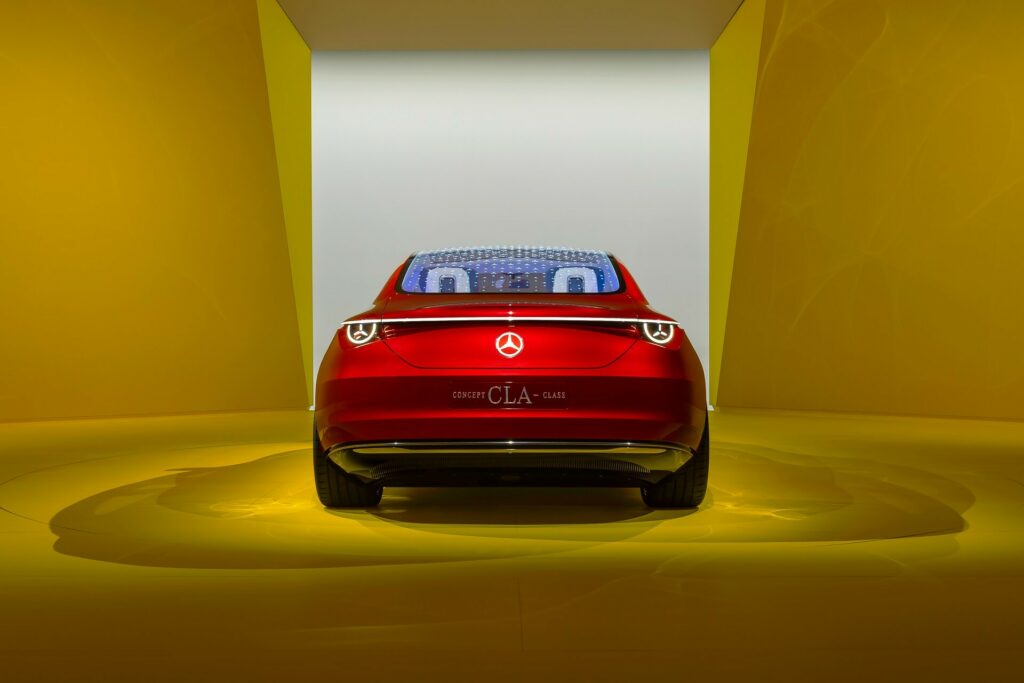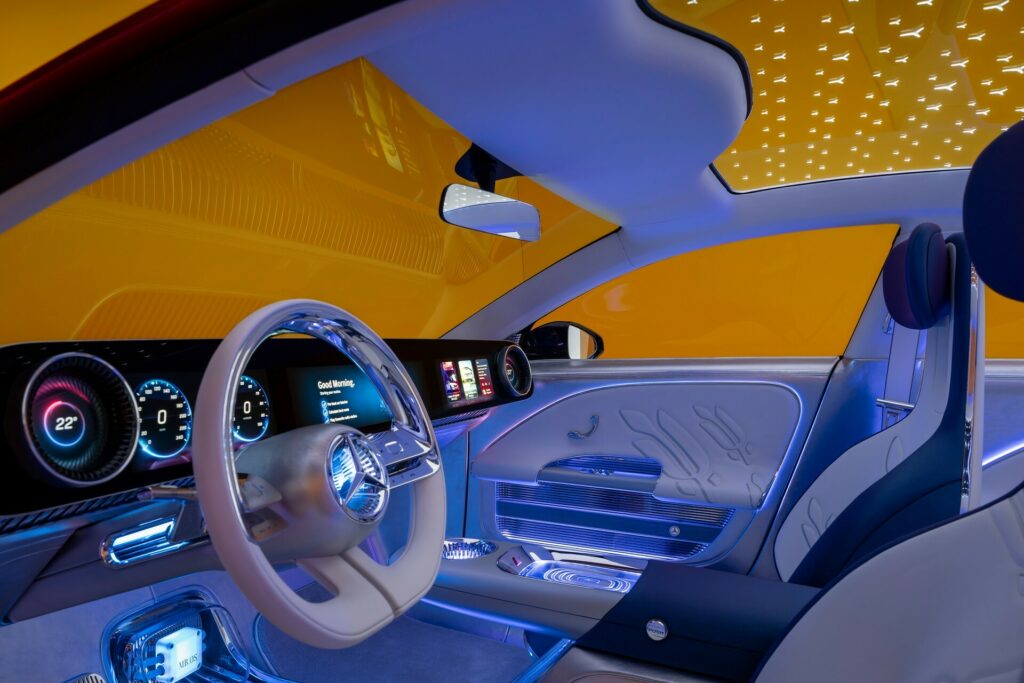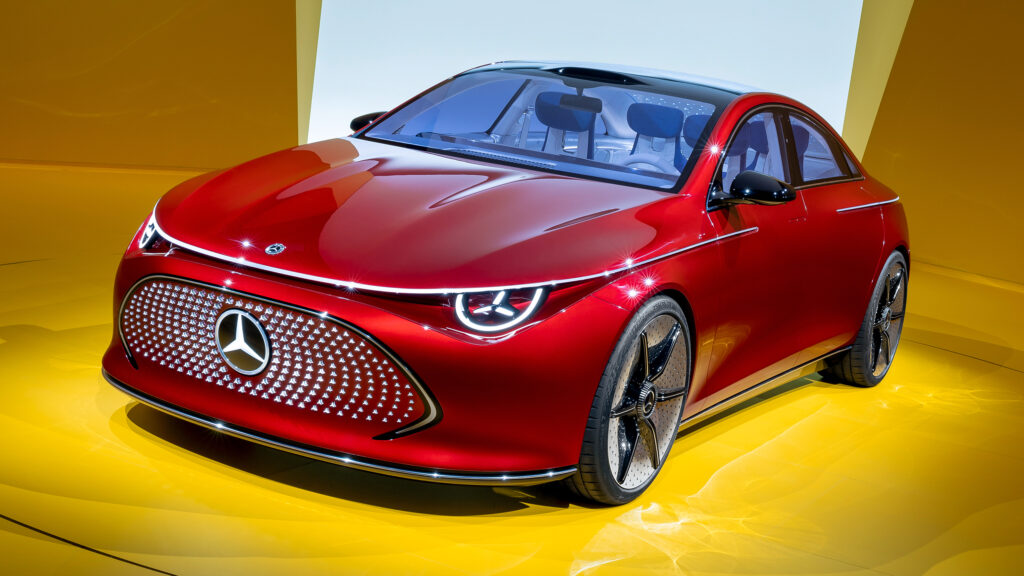Mercedes-Benz says that the variable costs to produce EVs will remain higher than comparable combustion models for many more years, despite the car manufacturer committing to an all-electric future.
Company boss Ola Källenius told journalists at the ongoing Munich Motor Show that Mercedes is working to optimize fixed costs and resource allocation to offset the higher variable costs of EVs so the brand’s electric models achieve the same profitability as its combustion models.
“The variable costs for an electric car are higher,” Källenius confirmed. “It will remain that way for the foreseeable future.” He noted that the costs of raw materials used for batteries, software development, and electricity prices are adding up and said these costs can not be passed on to customers on a like-for-like basis, Reuters reports.

The new Mercedes CLA Concept unveiled over the weekend previews the new-age production model that will be sold in hybrid and battery-electric guises. It also paves the way for future EVs from Mercedes.
Read: Mercedes CLA Concept Debuts With Sleek Design And 466+ Mile Electric Range
Underpinning the new model is the new Mercedes Modular Architecture (MMA) and it will be sold with two battery packs, one using lithium-iron-phosphate chemistry and the other using silicon-oxide content. While the brand has not said how big the battery packs will be, the new CLA will be able to travel 5.2 miles/kWh or 12 kWh/100 km, making it even more efficient than the Lucid Air which can travel 4.74 mi/100 kWh.
It has also been confirmed that the new CLA will use an 800-volt architecture and support 250 kW DC fast charging, meaning the battery can be topped up to provide 248 miles (400 km) of range in as little as 15 minutes. It also supports Vehicle-to-Home and Vehicle-to-Grid functions. The battery feeds a 235 hp electric motor that uses fewer rare earth metals than previous electric motors developed by Mercedes-Benz.




